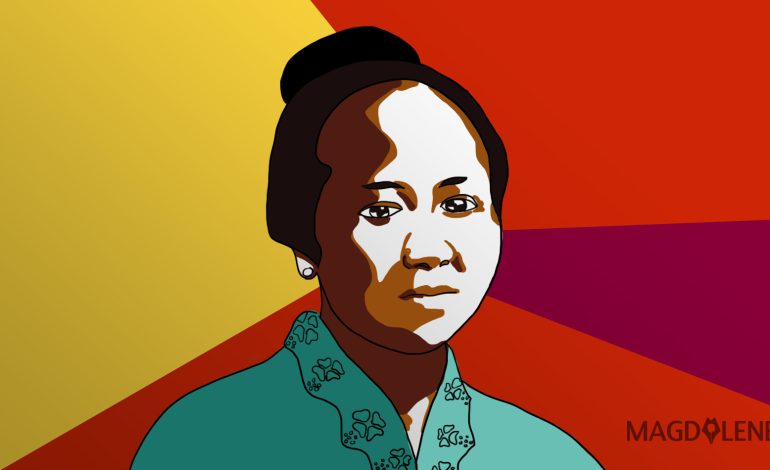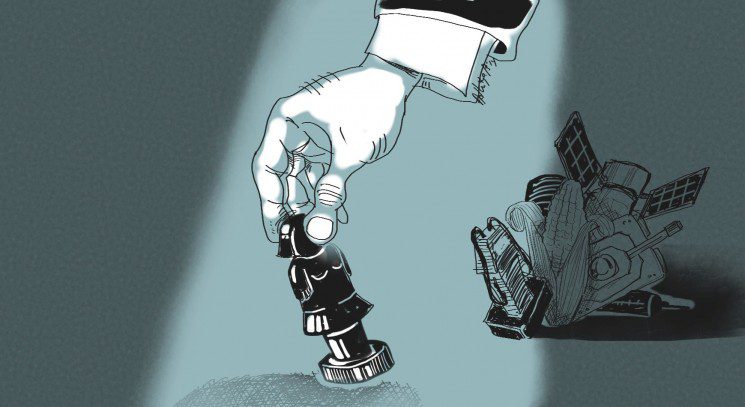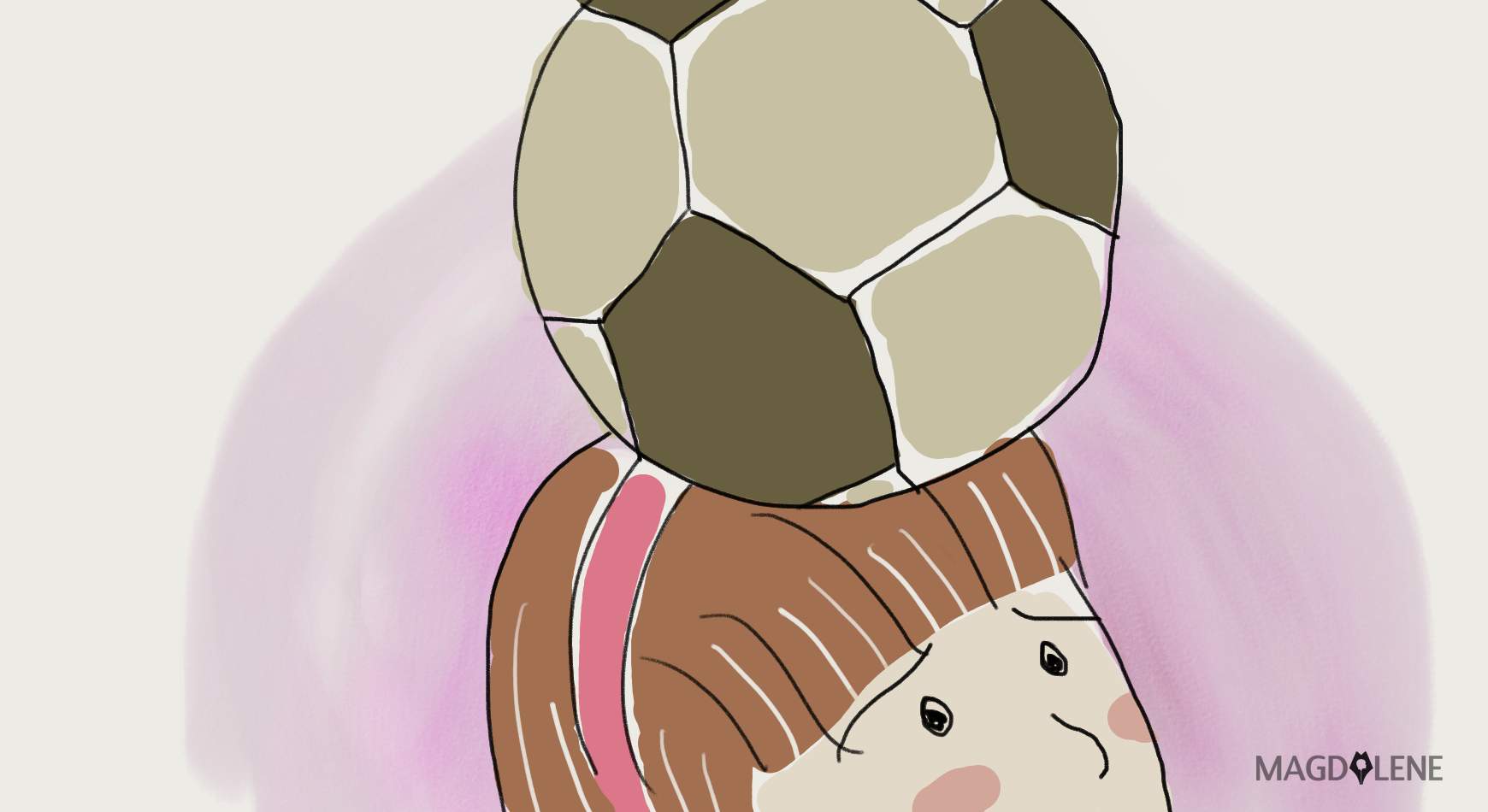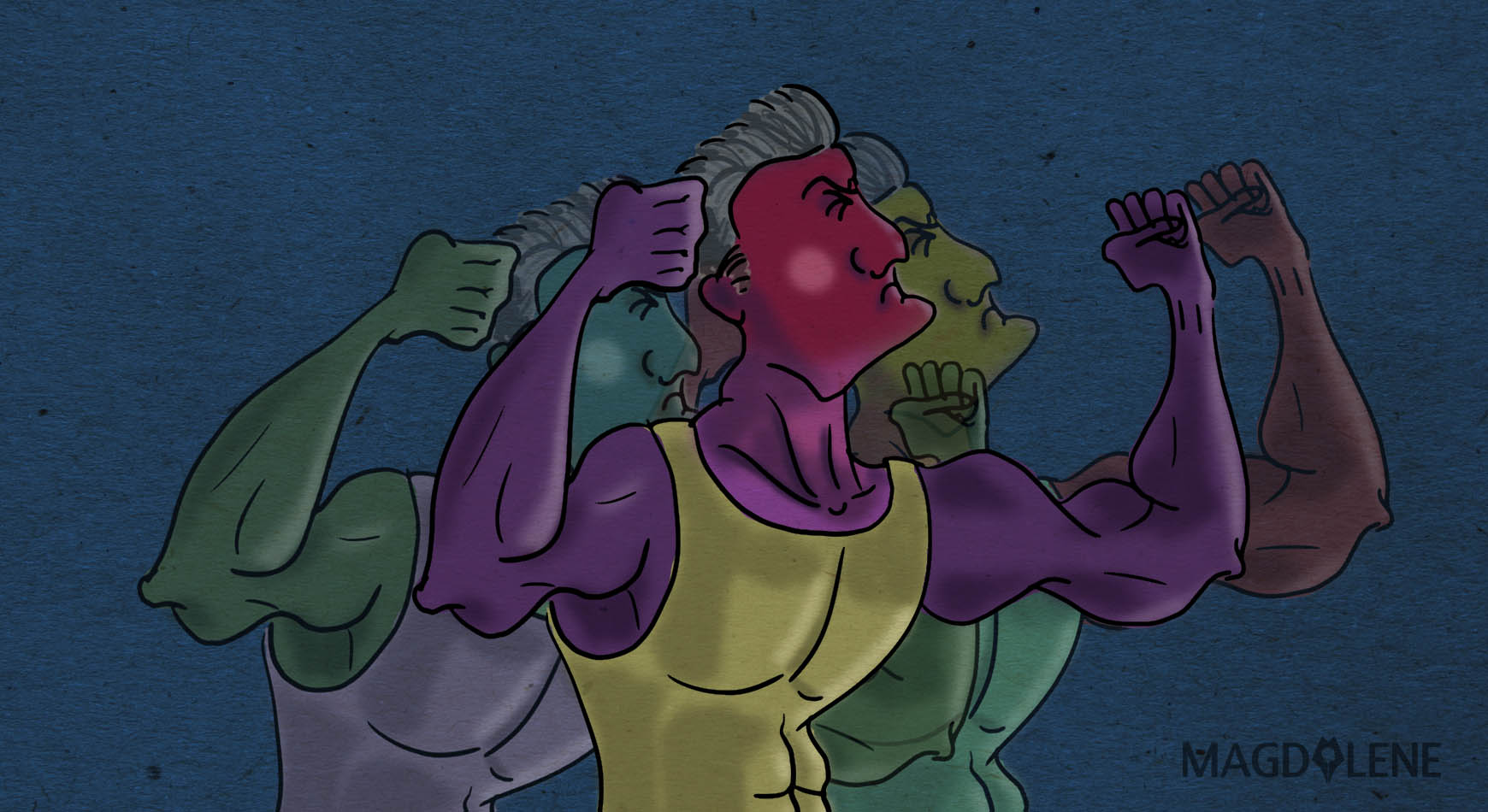Kartini’s Legacy is About Empowerment Through Education and Literacy

As a national figure for women’s emancipation and gender equality, I believe Kartini’s significance extends beyond women. Indeed, it is not sufficient to honor Kartini for her thoughts on gender equality and her work on education.
She was chosen as a symbol of emancipated Indonesian women in the Old Order era by the late President Soekarno. It wasn’t just because she was highly intellectual, rebellious, radical and charismatic, but also because she was Javanese.
It couldn’t be denied that the Javanese ethnicity has had a strong influence in the history of our nation. Making Kartini a symbol of women’s emancipation, in that context, is justifiable: because Kartini is from Java, she became a feminist icon. Why Kartini and not someone else? It’s debatable and will certainly invite many arguments.
Apart from this discourse, however, Kartini’s perspective and thoughts are worth remembering, particularly to point out how education and literacy are the key factor of empowerment. Goenawan Mohamad in his 2011 book Tokoh+Pokok (Figures and Principles) encapsulates Kartini in a simple sentence: “Kartini existed, hence she is a feminist.” It’s not the other way around. This shows that Kartini’s strength was not her external situation.
She was critical of the culture at the time such as forced marriage and colonialism, and inspired the call for change at that time. But, as Rebeka Nivalah wrote in her piece, “Follow Kartini’s Inspiration: Write for Impact!”, the most arguable reason why Kartini became a feminist icon, because she wrote and she wrote strongly.
Kartini’s monumental book Habis Gelap Terbitlah Terang (Out of Darkness Comes Light) tells us that by writing we can create our own history. By writing we can tell future generations about what happened in the past, and to improve for the future. Even more, like Kartini, by writing we can create a better world!
Recently we found out on the news that Indonesia is ranked second from the bottom as the least literate nation (which means having a reading/writing culture). At 60, Indonesia only ranks above Botswana. Leading the list are Finland followed by Norway, Iceland and Denmark.
The survey conducted by the United Nations Educational, Scientific, and Cultural Organization (UNESCO) found that on average, the duration of reading per-person is four to six hours each day. In developed countries, people spend an average of six to eight hours. In Indonesia the average of reading duration is two to four hours.
This shows that we have failed to live up to Kartini’s central legacy that championed education and literacy. As the largest Muslim nation in the world, we also failed to uphold a central teaching of the Quran: Iqra, which literally means “read”.
Sadly, the core of Kartini’s values are hardly reflected in our remembrance of her. On the other hand, the celebration of Kartini Day is still dominated with superficial traditions of wearing kebaya, of holding fashion shows or conducting games.
While I don’t blame most people for getting it wrong, feminists argue that this way of celebrating Kartini is no more than placing women and children as symbols. In addition, every year on April 21, the media like to cover “inspirational women” who are successful in their career, like pilots, designers, busway drivers, dentists and so on. While there is nothing wrong with these stories, career and professional success only partially represent women empowerment. The measurement of women empowerment should not only be based on their career, but on their minds.
When we celebrate Kartini Day every year, how deeply do we delve into Kartini’s perspective? Besides supporting their daughters or sons to join kebaya or traditional costume fashion parades, how many parents discuss about the principles of gender equality to their children at home.”
In fact, do parents ever talk about Kartini’s thoughts to their children on April 21? We have to think critically and provide substantial information to the children and not just blindly participating in a mass culture like the conventional Kartini Day celebrations.
Celebrating Kartini Day is not only a way to remember an inspirational figure whose thoughts challenged patriarchy and male domination system. For Indonesia to move forward we must achieve woman empowerment. Like Kartini, women must believe that light comes after darkness, the way she envisioned it for the generations that would come after her.
Fini Rubianti is an ‘urban villager’ who can’t refuse her little sister’s request to sing dangdut. She is obsessed about horror movies and she stares a lot while kissing scene appeared in a film. Fini would be very happily touched via twitter @finirubi






















